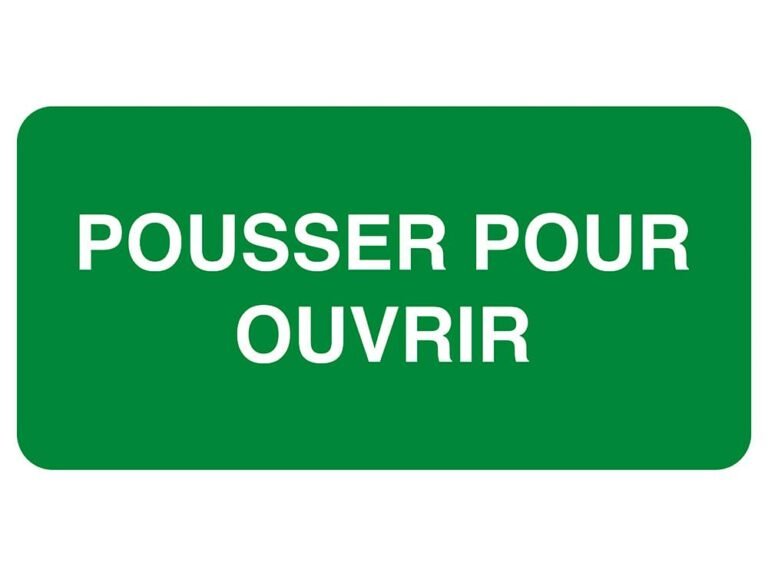il me reste
The French verb “rester” means “to stay” or “to remain” in English. But “rester” can be used with indirect object pronouns to mean “to have left.” This is an impersonal construction. In an impersonal construction, the “il” in “il me reste” means “it,” rather than “he.” The literal translation of “il me reste” is “it…




